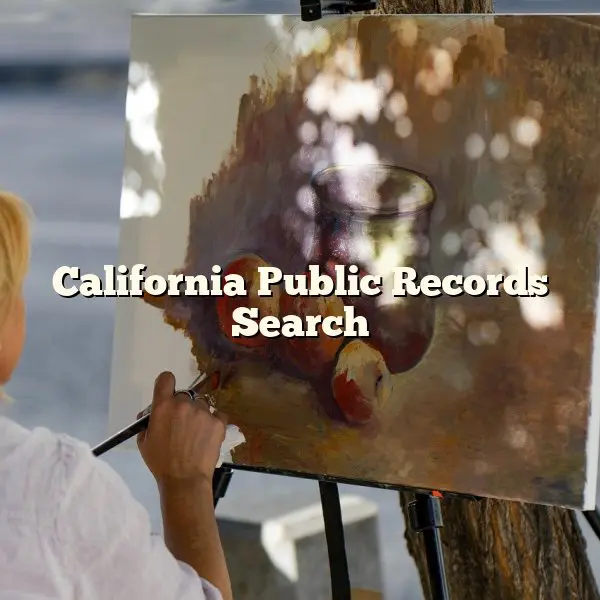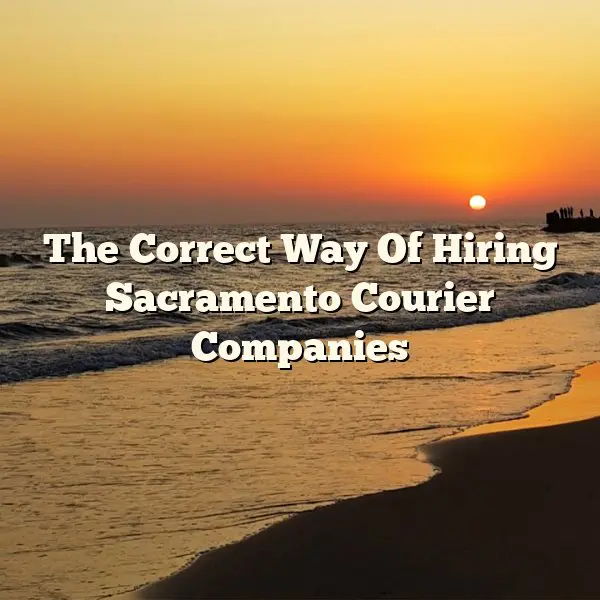CA public records, according to the California Public Records Act or CPRA, can be accessed by any entity whether the one requesting the records is the public such as an individual person or private such as an organization or company. The aim of the CPRA is to ensure that government transactions are made public to ensure that every government official or agency is held accountable for their actions. All records are available for inspection by the public and can be accessed during the government agency’s business hours.
Under Sec. 6252 (e) of the CPRA, records that are accessible by the public are records that (a) are made by the government for the public business and (b) were placed in the Office of the Governor on or after Jan. 6, 1975. Records are available from different State agencies including the State’s Bureau, offices, departments, local municipalities, counties, and agencies authorized by the government.
There are however exemptions to the law. The state clearly defines those records that are restricted from the public access including the following records (a) ongoing trial (b) personal records or records that invade one’s privacy, (c) regulations pertaining to banking regulations, (d) homeland security, (e) tax information of an individual, (f) circulation reports from the library and (g) employee reports. The law also prohibits the dissemination of personal information of the State’s employees. Access to the information is restricted to the entities as discussed in Sec. 6254.3 (a) of the CPRA.
To access the information or have a copy of the report, applicants are required to fill up a form. Each agency has their own forms and guidelines, which help, facilitate the request. The agency only has 10 days to ensure that the request is met. Certain fees do apply and depend on the agency that one made the request from. The State allows the agencies to charge certain fees to cover duplicate cost and other statutory fees that may apply.
There maybe times when the office concerned would require more time to retrieve the information. The State gives the offices fourteen days to accommodate the request although in certain cases, the office responsible would give the person requesting the report a period that would exceed the 14 days set by the law. These instances would include having to retrieve the information from a remote office, the volume of the request(s) being made, whether the request needs approval from other agencies and the retrieval would require using different methods such as coding in computers to be able to retrieve the data.
For those who want to gain access to government public records without having to walk in personally to the State’s agencies, they might want to try searching for these records online. Many sites do offer public records for free or for a minimal fee. Samples of records would include marriage, birth and death records.
If you need information and advice on State Of California Public Records, we can help you. Visit us at Public Records for all the facts about public records.. Free reprint available from: California Public Records Search.


